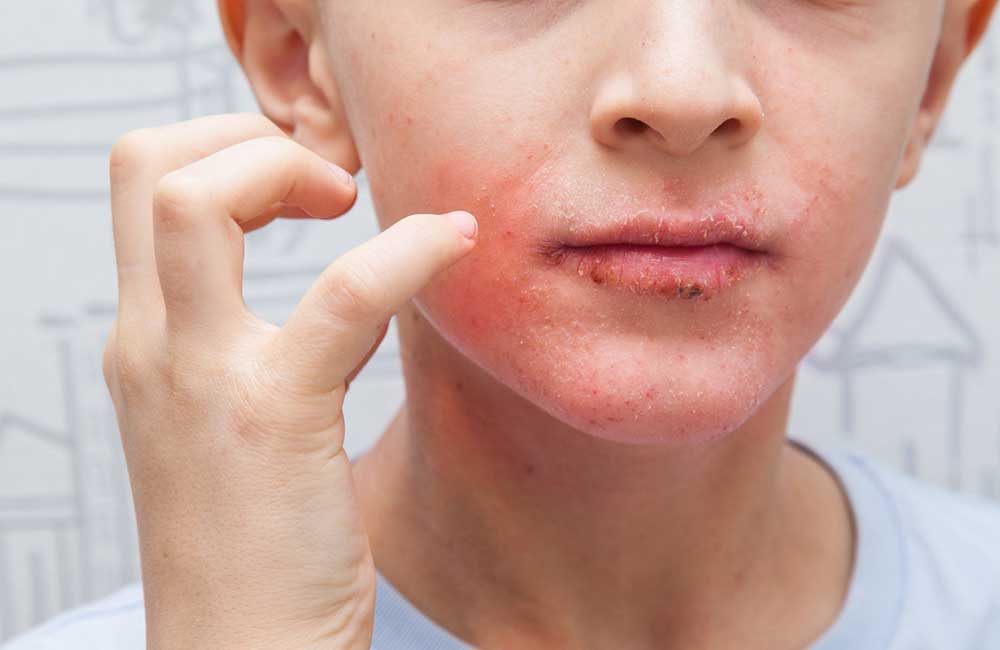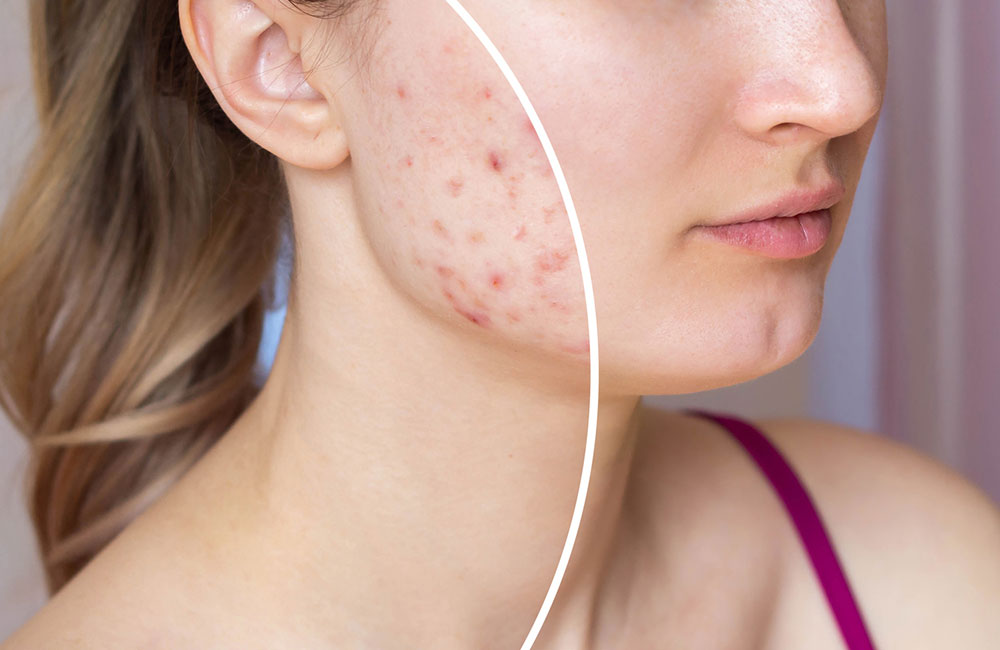Personalised Care for Teens and Adults
Understanding Facial Rashes
Facial rashes can be more than just a surface issue, they often signal an underlying condition that needs professional attention. Whether it’s itching, redness, flaking, swelling, or general irritation, these symptoms can interfere not only with your skin’s health but also with your confidence and daily comfort. Some rashes appear suddenly, while others develop slowly over time. They may come and go in cycles or persist despite over-the-counter treatments.
At Dr Clare Patterson’s dermatology clinic in Peregian Beach, we understand how frustrating facial rashes can be, especially when they don’t respond to typical skincare routines. That’s why we offer comprehensive dermatological assessments tailored to uncover the root cause of your symptoms. Whether the rash is caused by eczema, rosacea, contact dermatitis, allergies, or an autoimmune condition, our clinic is equipped to diagnose and treat a wide range of facial skin concerns with care and precision.
Treatment always begins with a detailed consultation, where we consider your medical history, lifestyle, environmental exposures, and skincare habits. From there, we create a personalised treatment plan that may include prescription creams, oral medications, lifestyle advice, or advanced therapies.
Common Causes of Facial Rashes
With the right diagnosis and expert care, most facial rashes can be significantly improved, or resolved entirely. Our goal is to help you feel comfortable in your skin again, restoring not just clarity but also peace of mind.
Contact Dermatitis
Eczema (Atopic Dermatitis)
Rosacea
Acne
Allergic Reactions
Viral Infections
Autoimmune Conditions
Seborrhoeic Dermatitis














What Might Be Behind Your Facial Rash?
Facial rashes often have a wide range of causes and understanding the source is key to finding lasting relief. At our clinic, we take a careful and thorough approach to diagnosis. Some of the most frequent underlying factors include:
Contact Dermatitis
Caused by irritants or allergens in skincare products, soaps, or fabrics, contact dermatitis leads to red, itchy patches. Treatment involves identifying and avoiding the trigger and using prescription creams when needed.
Eczema (Atopic Dermatitis)
This chronic condition often flares up on the face due to stress, weather changes, or allergens. Symptoms include redness, itchiness, and dryness. Gentle skincare, hydration, and targeted medication are key to managing flare-ups.
Rosacea
Rosacea often affects the central face, causing redness, visible blood vessels, and bumps. Triggers include spicy food, alcohol, and sun exposure. Treatment options include prescription creams, oral medications, and laser therapy.
Acne
Facial acne can appear as red pimples, whiteheads, or cysts. It’s usually caused by excess oil production, bacteria, or hormonal changes and is treated with a tailored skincare routine or medications.
Allergic Reactions
Food, medications, and airborne allergens may cause facial swelling, redness, or hives. A prompt medical diagnosis is essential to manage reactions and avoid severe complications.
Viral Infections
Cold sores (herpes simplex) or shingles can lead to painful rashes or blisters on the face. Antiviral medications and supportive care are used to speed up healing.
Autoimmune Conditions
Diseases like lupus or dermatomyositis can present as rashes across the cheeks and nose. Managing these requires specialist diagnosis and immune-modulating medications.
Seborrhoeic Dermatitis
This condition causes flaky, greasy patches on the face, especially around the nose and eyebrows. It’s often managed with medicated shampoos or topical creams.
What to Expect During a Facial Rash Consultation
At your appointment with Dr Clare Patterson, we’ll take a thorough history, examine your skin carefully, and if necessary, perform patch testing or other diagnostics. Once we determine the cause, we’ll tailor a treatment plan just for you—whether that involves skincare changes, prescription medications, or advanced therapies.
The Role of Dermatologists in Managing Facial Rashes
While general practitioners are often the first step in seeking help, dermatologists have advanced training and experience in diagnosing complex skin conditions. If your rash has not improved with standard treatments, seeing a dermatologist can provide clarity and access to specialised options.
Relief Starts with the Right Diagnosis
If you’re struggling with persistent or unexplained facial rashes, don’t wait. Book an appointment with Dr Clare Patterson in Peregian Beach and get expert care tailored to your skin.



